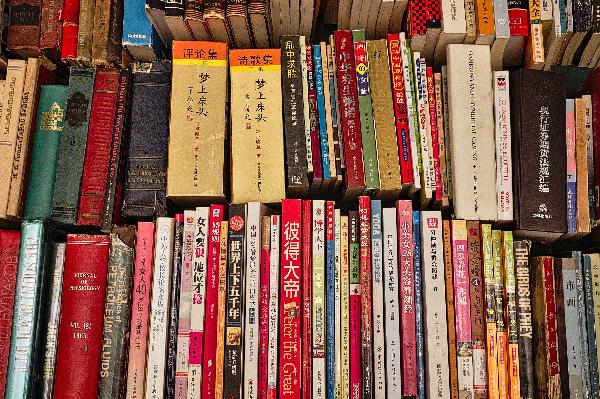Partners in the global economy
UQ has more student mobility, research collaborations, and commercialisation partnerships with China than with almost any other country. The strong linkages are a result of long-standing partnerships with Chinese institutions, particularly the Chinese Academy of Sciences, and some of the country's most influential industry bodies and organisations, including Baosteel and the National Natural Science Foundation of China.
Fast facts
12,408
Chinese students enrolled at UQ
1,231
China-UQ co-publications
245
academic staff born in China
89
research project collaborations
30,161
alumni in China
134
agreements with 81 official partners
Fast facts show full year 2024 data.
Collaboration in action
- After a competitive selection process, 7 initiatives have been awarded funding totalling $100,000 for Round Two of the University of Queensland (UQ) Global Partnerships Funding Scheme in 2025.
- After a competitive selection process, 10 initiatives have been awarded funding totalling $106,452 for Round One of the University of Queensland (UQ) Global Partnerships Funding Scheme in 2025.
- After a competitive selection process, 17 initiatives have been awarded funding totalling $217,174 for the second round of The University of Queensland (UQ) Global Partnerships Funding Scheme, launched in 2024.
- The University of Queensland is leading a collaborative project to assist Australian agricultural organisations refine and improve their trade strategies toward China.
- University of Queensland researchers have developed a new type of sinter that could accelerate the iron and steelmaking industry’s efforts to reduce its carbon emissions.
- Nine cutting-edge initiatives have been awarded $72,824 in the latest UQ Global Strategy and Partnerships Seed Funding Scheme.
Pages
Chinese culture at UQ

UQ has a long history of providing Mandarin language and Chinese culture programs, with the first Chinese classes held as early as 1967. Today, UQ students can study Mandarin Chinese through the School of Languages and Cultures, which offers more than 50 Chinese courses including Techniques in Teaching Chinese as a Second Language, and Chinese Translation and Interpreting.
The Institute of Modern Languages (IML) also offers Chinese courses (Mandarin and Cantonese) for the wider Brisbane community, as well as translation and interpreting services.
Alumni
China is home to a significant UQ alumni network - UQ has 30,161 alumni living in China. Alumni with significant links to China include:
